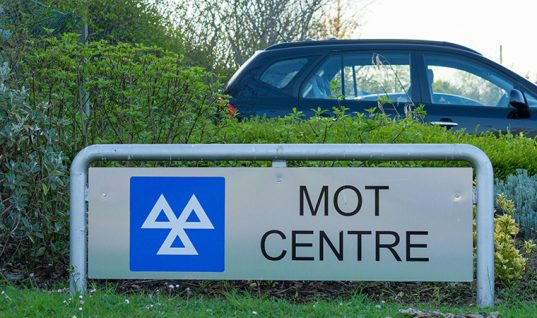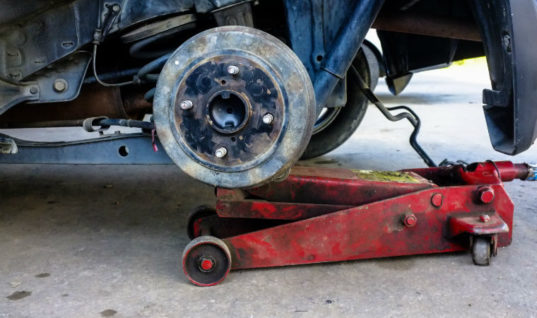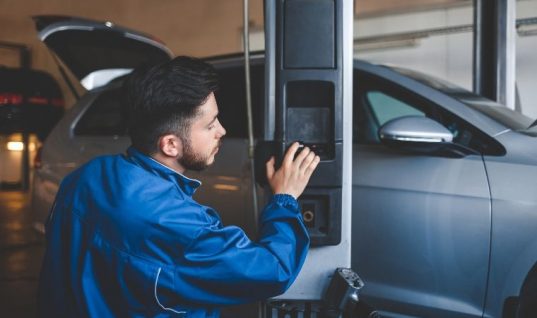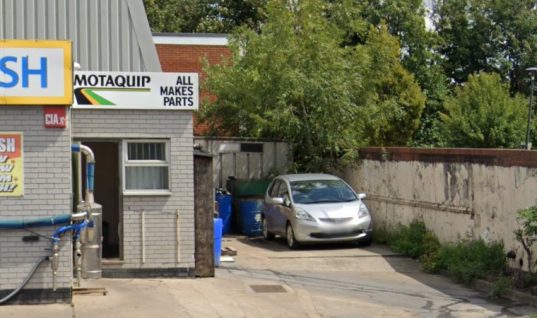Insurance claims involving damage to vehicles caused by rodents have increased by 28%, according to insurer Aviva. The company noted a noticeable spike in incidents during the colder months of December and January.
The financial impact of the damage has also risen, with the average claim cost in 2024 reaching £2,494, an 11% increase compared to the previous year. In one severe instance, a vehicle was written off after incurring over £24,000 of damage from rampaging rodents.
The types of damage commonly cited include:
- Rodent nests discovered within engine compartments and behind passenger airbags.
- Numerous cases of chewed wiring and cabling, affecting dashboard sensors, batteries, suspension systems, and gear mechanisms.
- Gnawing damage to seats, seatbelts, footwells, and carpets.
- Fuel and water leaks resulting from rodents biting into fuel tanks and piping systems.
James Driscoll, motor claims manager at Aviva, explained the issue: “Many people are aware of the damage that rodents can cause to properties, but may not realise they also like to explore our cars. In the winter months, mice and rats look for warmer places to nest and they can squeeze into the tiniest of gaps, including the grilles, vents or open windows of vehicles.”
He added that the problem tends to be more prevalent in larger cities where conditions for vermin to thrive are created by “higher population density, extensive drainage networks, and ageing infrastructure.”
Separate patrol breakdown reports dating back to 2016 show that breakdowns caused by rodents have risen by 55% from 196 incidents in the first 11 months of 2018 to a record 303 over the same period in 2023. The problem worsens significantly as seasons change, averaging a 66% increase from summer to autumn over the past five years.
Mr Driscoll advised: “If you notice any signs of gnawing or suspect rodent damage in your car, contact your insurer straight away.”
Source: Fleet News







